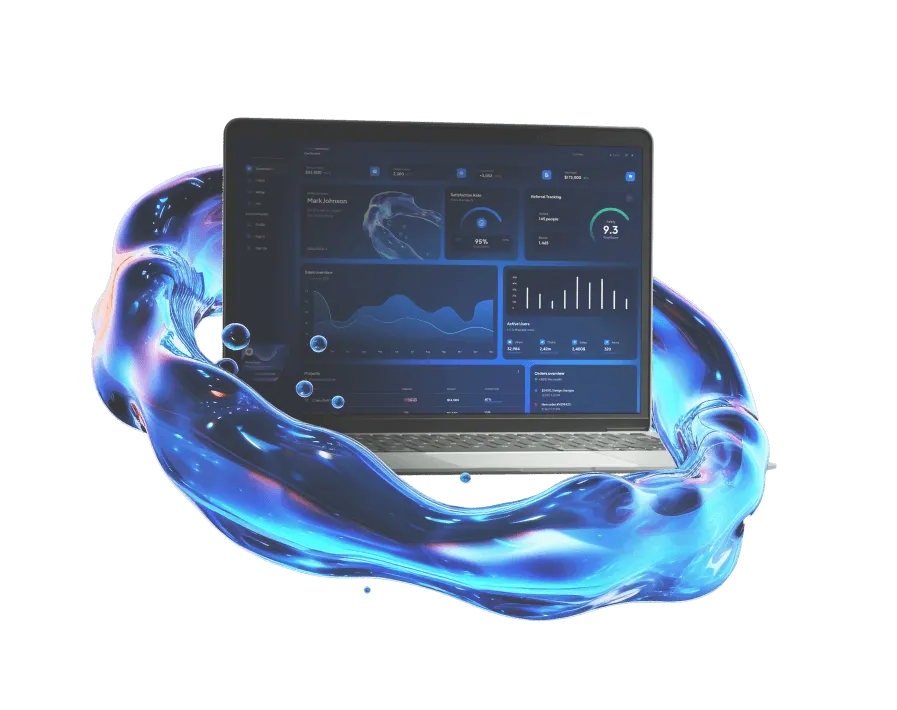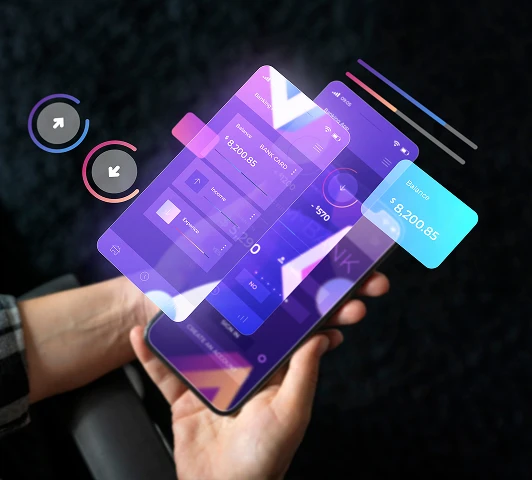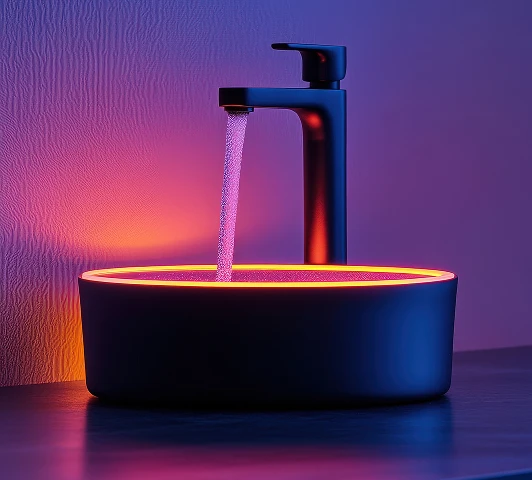CASE STUDY
Software for managing decentralized water systems
Explore how custom software let developing countries' population access safe drinking water.
Tech stack/tools we used: Python, Django, Django Rest Framework, ReactJS, MySQL, GitLab, Jira, Docker, Modbus, IO Link, Nginx, Redis, Redis Queue

- 3.4 x 2.2″
in size
- 2 GB
of memory (RAM)
- microSD
storage
- 4
USB slots
Client
Startup aims to eliminate the lack of clean water access
A startup with the ambitious goal of creating decentralized water systems in developing countries approached Syberry to engineer software that could effectively manage these systems. Their vision was to provide uncontaminated water supplies in third-world countries, but that was easier dreamed up than achieved. To function properly, the water management systems needed reliable computer technology and remote administration. With backing from one of the world's biggest NGOs, the startup collaborated with Syberry to transform this vision into reality and establish the first water management systems in Liberia, Africa.
Problem
Affordable hardware limited software functionality
The decision to utilize Raspberry Pi single-board computers for the decentralized water system presented a challenge. While the small and cost-effective Raspberry Pi was widely available in the region, its original purpose—teaching programming at schools—demanded less operational power than the client's prospective water management system.
Solution
Advanced desktop software applied across water, solar power, and fuel management industries
Despite the Raspberry Pi's low-power limitations, we optimized its functionality and developed maximum features using just two gigabytes of computer memory.
Leveraging the client's expertise in decentralized water systems, Syberry developed software capable of managing these systems comprehensively—from metrics control to infrastructure prototyping.
The Raspberry Pi computer on the site collects data from several digital and analog sensors built into the water delivery infrastructure. It then uses cable Internet, Wi-Fi, or satellite connection to send this data to the system administrator's web application, which allows for continuous water quality monitoring to prevent residential water contamination.
The system's functionality extended beyond its initial scope, catering to solar panel and fuel management companies that now benefit from its features along with water management companies.
Challenges
Microcomputer the size of a credit card powering 1000-square-foot water management systems
The custom software we designed had to operate on a small piece of hardware, a microcomputer called Raspberry Pi. The size of a credit card, this device was initially used as a hobby item for amateur programmers. For our project, we utilized 100% of Raspberry Pi capabilities to support up to 1000 square feet of water delivery infrastructure with dozens of sensors. To do that, we continuously optimized each system's feature to ensure it used as little memory and operational power as possible.
Succeed faster with Syberry
If you submit a request today, your MVP will be ready
as early as December 26, 2025
Key features
Off-the-grid functionality
Recognizing the challenges of limited internet access in regions with contaminated water supplies, we deployed all the necessary services directly onto Raspberry Pi, transforming it into a self-sustained server. To facilitate system settings transfer between decentralized water systems, administrators can use a special Export feature and a USB drive.
Adaptability to various sensors
Despite the modest specifications of the Raspberry Pi, we optimized its capabilities to integrate data from dozens of digital and analog sensors within water systems. The system can integrate with most digital and analog sensors available in the region, transforming data into any format suitable for the user.
Real-time prototyping
The system offers a unique feature allowing users to design decentralized water system prototypes in a real-time modeler. Users can import custom components or choose from an internal list, providing administrators with increased autonomy in planning future infrastructure construction.
YOU MIGHT ALSO BE INTERESTED IN...

Utility
Billing platform for energy management company
Syberry built a web application that automated 99% of invoice processing for this energy management company that was founded to help businesses navigate a chaotic world of utility bills. Its web application receives utility bills in diverse formats from various data providers and uses embedded algorithms to recognize and analyze the utility data. Using agile methodologies, clean coding, and thorough documentation, we streamlined the development and stabilized the application.

Startups
Social media for photographers
Combining cloud storage with a social media management platform produced the go-to platform for a community of photographers.

Finance, Startups
Payment processing system for a B2B FinTech startup
This entrepreneur created a disruptive payment platform for small businesses. Our client, a dynamic B2B FinTech startup, is committed to empowering small businesses with streamlined payment solutions. They aim to revolutionize traditional payment systems by offering an all-in-one invoicing and bill pay platform that eliminates fees and simplifies transactions for businesses in the United States.

Utility
Updating legacy water management software
This well-established enterprise decided to get bold — and refactor their outdated custom software.
Succeed faster with Syberry
If you submit a request today, your MVP will be ready
as early as December 26, 2025